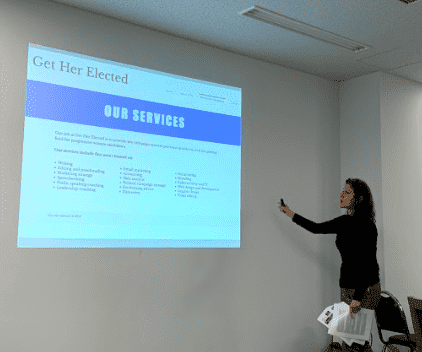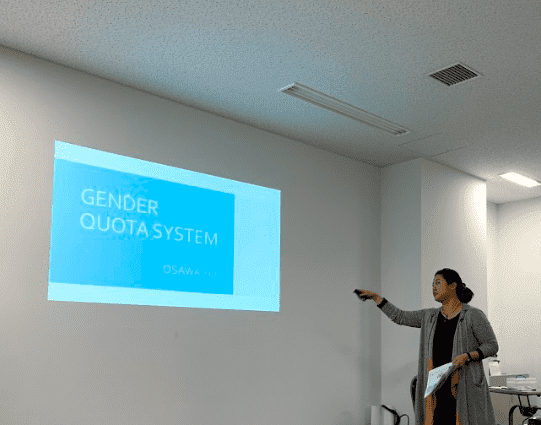


In 1972, Congress passed the Equal Rights Amendment (ERA), which was sent to the states for ratification. By 1977, 35 of the necessary 38 states ratified the amendment, and it looked like it was only a matter of time until the amendment would be enshrined in the Constitution. And then came Phyllis Schlafly, a conservative, upper-middle class housewife who used fear to rally similar-minded conservatives against the ERA. Their reasons? Women could be drafted if an ERA passed; women would lose alimony in divorce cases, and possibly their children; and--oh the horror!--unisex bathrooms would be permitted and gays would be able to marry!
It was a perfect example of how conservatives insist on imposing their beliefs on everyone. And, their fear-based tactics worked. Not only did no more states ratify the ERA, four states rescinded their ratification (it is uncertain if this was legal), and the ERA was DOA. Until 2017 and 2018, when Nevada and Illinois, respectively, ratified the ERA.
We are now one state away from ratification (presuming the rescinded ratifications are not permitted, and that is a huge presumption. It would likely be challenged in the courts.).
But now, the question is: have women's rights come far enough that we don't need an Equal Rights Amendment? Many well-educated women are not even aware that we don't have an ERA, many states have passed their own ERAs, Congress has passed targeted laws that guarantee women's rights, some countries with the greatest gender equality do not have an ERA (think Iceland) and some that do have an ERA in their constitution are pathetically lacking in gender equality (think Japan).
On January 20th, in recognition of the International Women's Rights March, DAJ members and others met to discuss gender equality in the world at large, and specifically in Japan and the US. We discussed whether an ERA is really needed in modern times, and the kinds of actions that we can take to fight for either an ERA or individual rights. Some key points included:
1) Pro: Having an ERA in the Constitution serves as a framework and would override state laws that could be discriminatory.
2) Con: it would be difficult to generate interest in passage since most people think women have equal rights already.
3) Pro: Passage of an ERA could not be overridden by future congresses, but individual laws could be.
4) Con: Passage of an ERA would make people think everything is solved and stop fighting for legislation that targets specific needs of women and the LGBTQ community.
The group agreed that equity is just as important to fight for as equality, and while some were in favor of passage and others were ambivalent, no one was ultimately against passage.


